Image
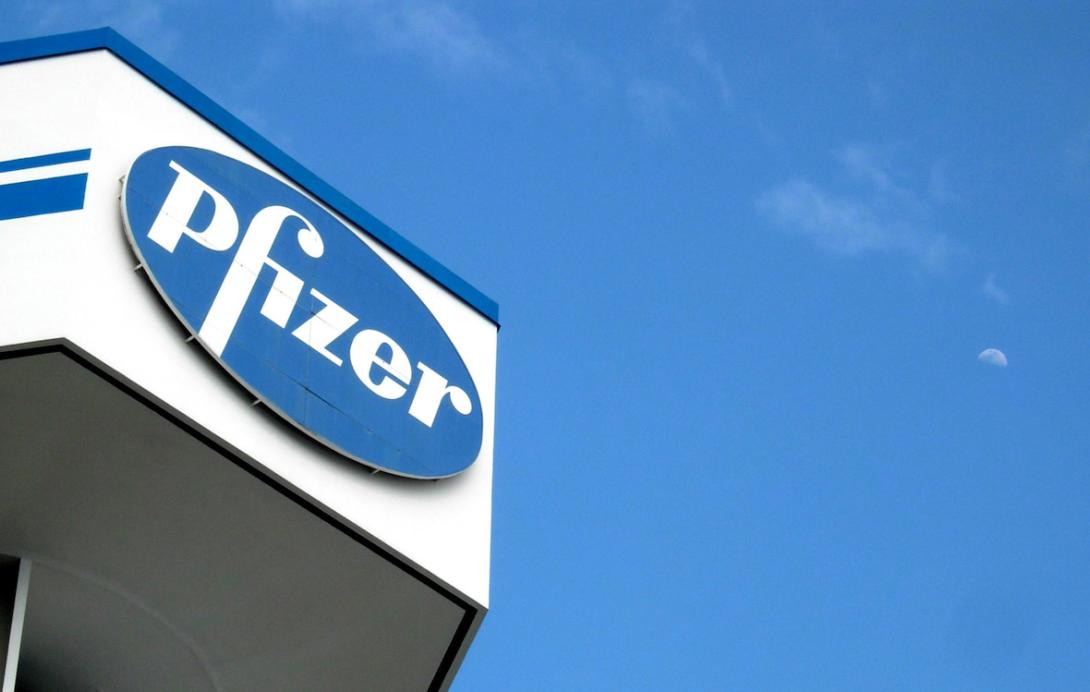
JÁNOS KOROM/WIKIMEDIA COMMONS
Image
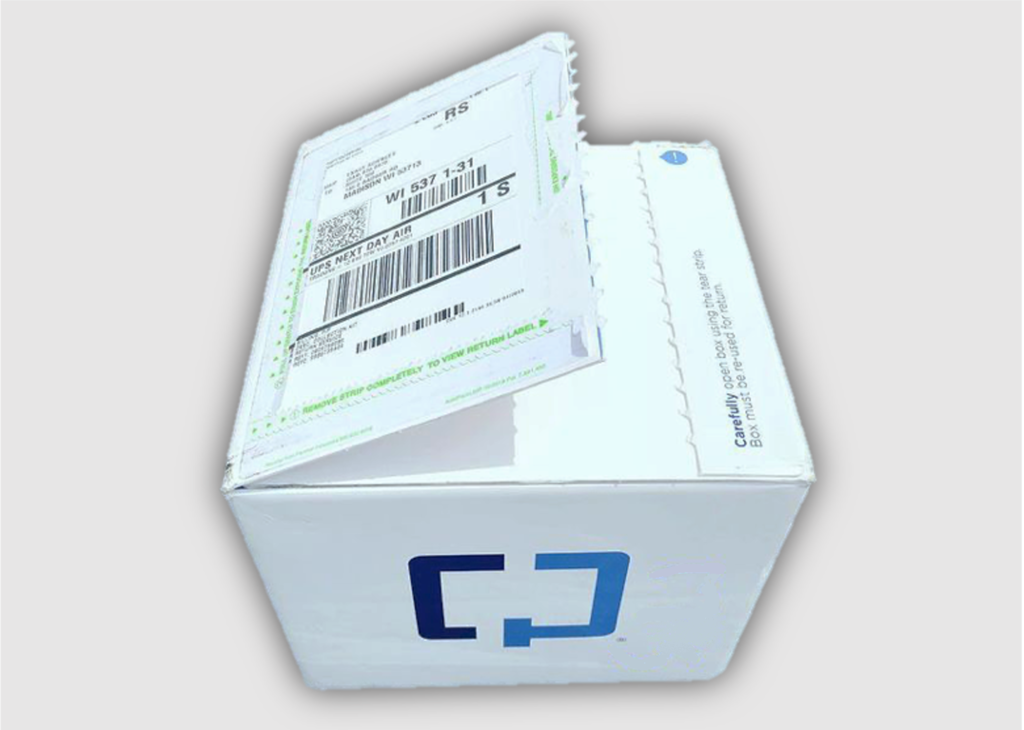
A COLOGUARD COLORECTAL SCREENING TEST PACKAGE, READY FOR RETURN TO EXACT SCIENCES/WIKIMEDIA CREATIVE COMMONS/GNESENER1900
Image
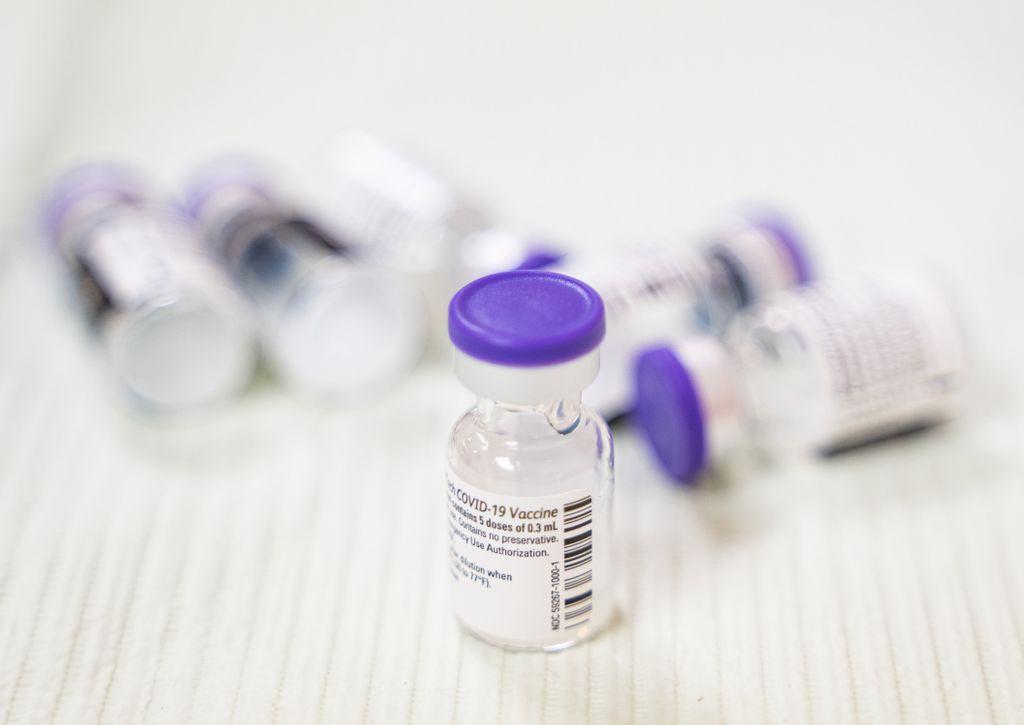
FRITZ LIEDTKE/OREGON HEALTH & SCIENCE UNIVERSITY
Image

JÁNOS KOROM/WIKIMEDIA COMMONS
Image
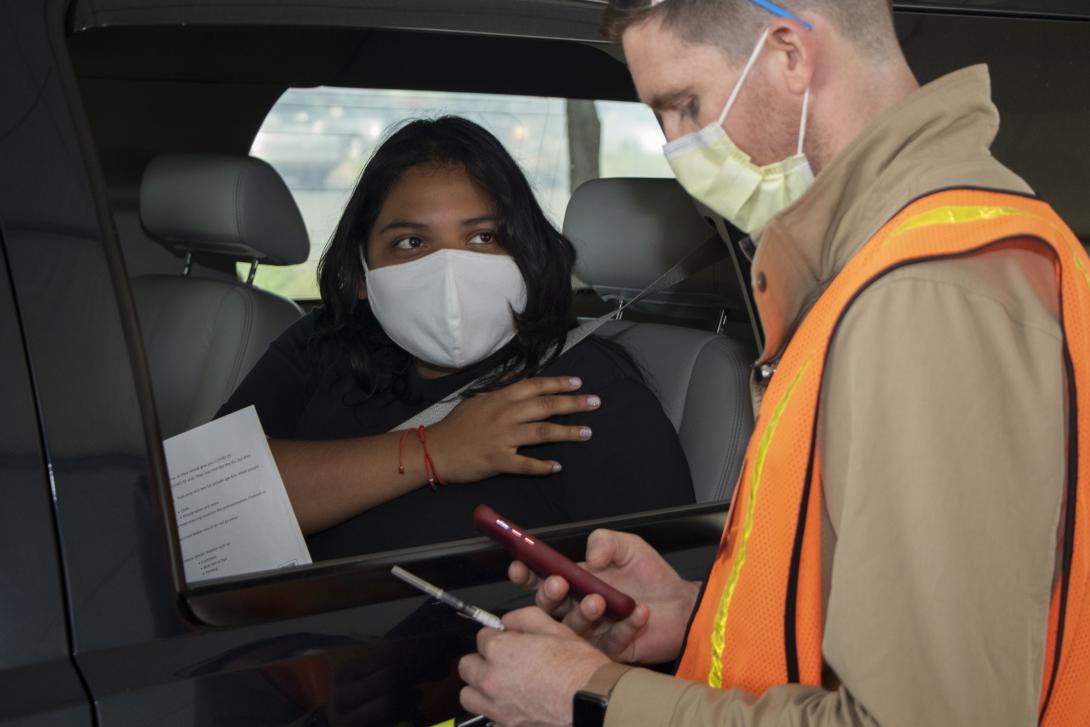
Latinos were among the patients at an OHSU vaccination clinic in Hillsboro in May.
|
JOSH ANDERSEN/OHSU
Image

FRITZ LIEDTKE/OREGON HEALTH & SCIENCE UNIVERSITY
Image
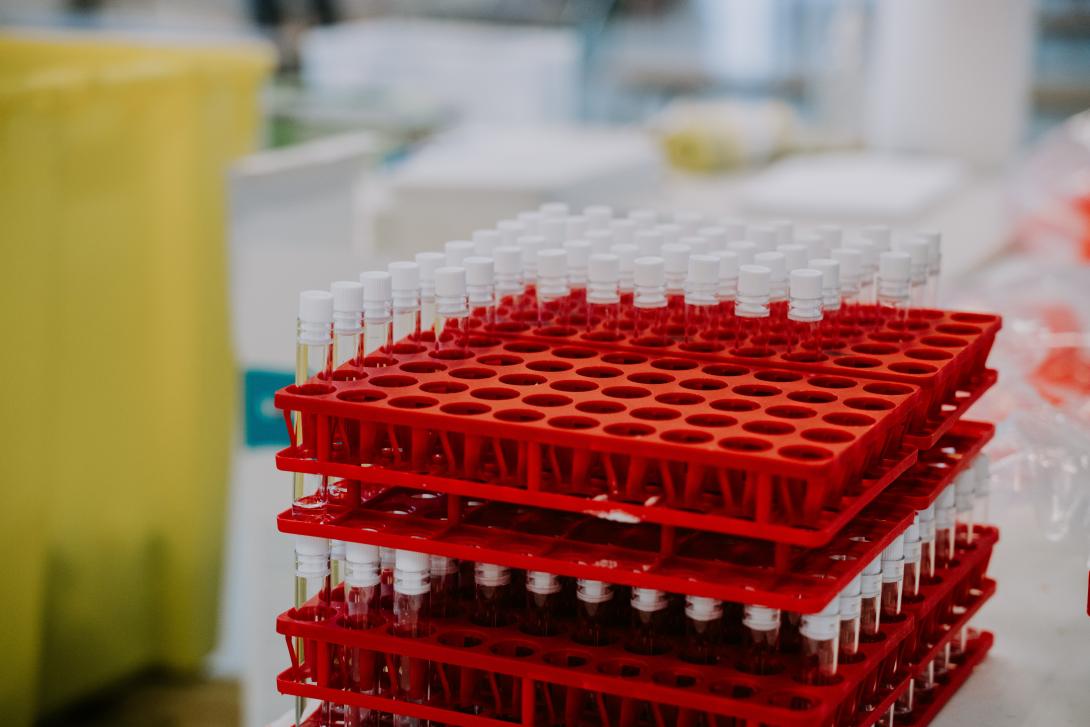
Pfizer is one of the world's largest drugmakers./Mat Napo on Unsplash
Image

FRITZ LIEDTKE/OREGON HEALTH & SCIENCE UNIVERSITY
Image

FRITZ LIEDTKE/OREGON HEALTH & SCIENCE UNIVERSITY
Image
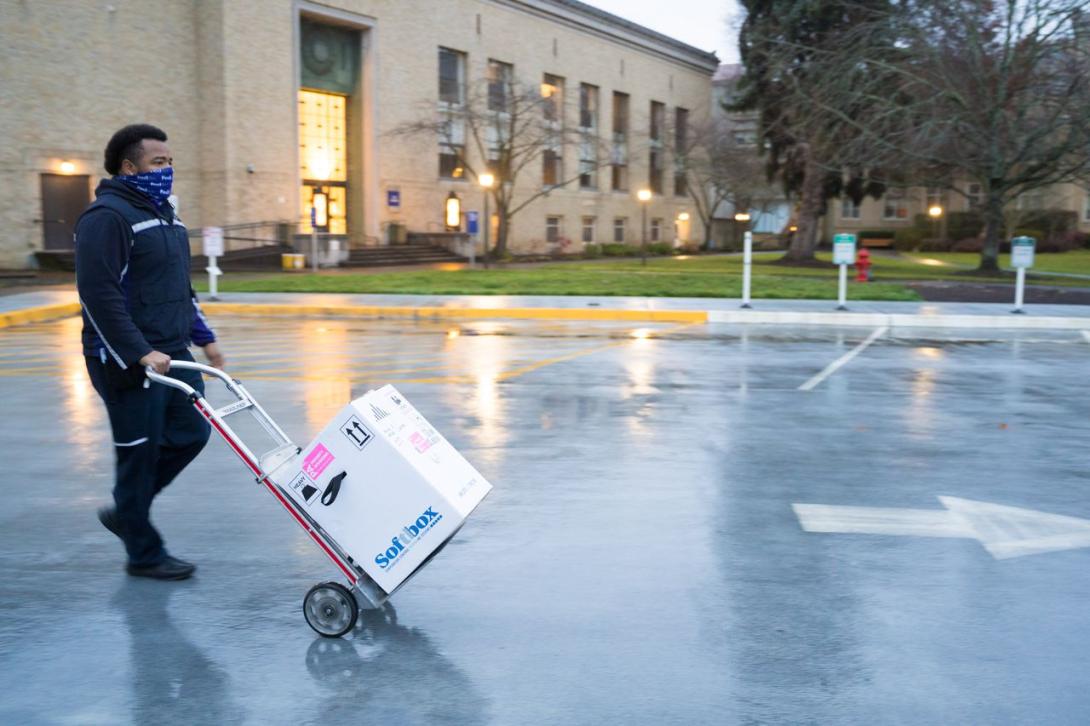
OHSU receiving a shipment of Pfizer BioNTEch COVID-19 vaccine.
|
OHSU/FRITZ LIEDTKE